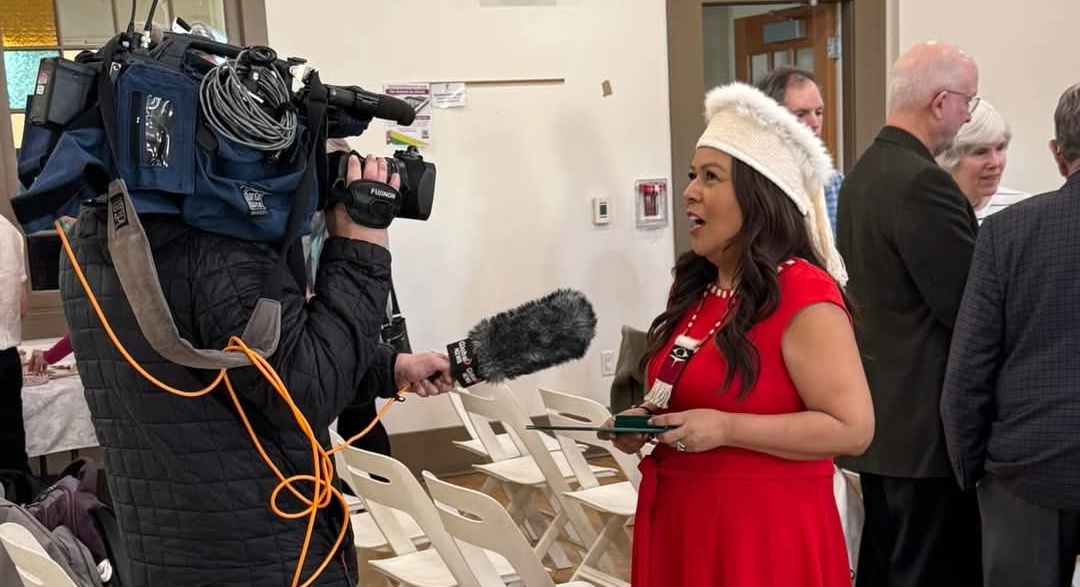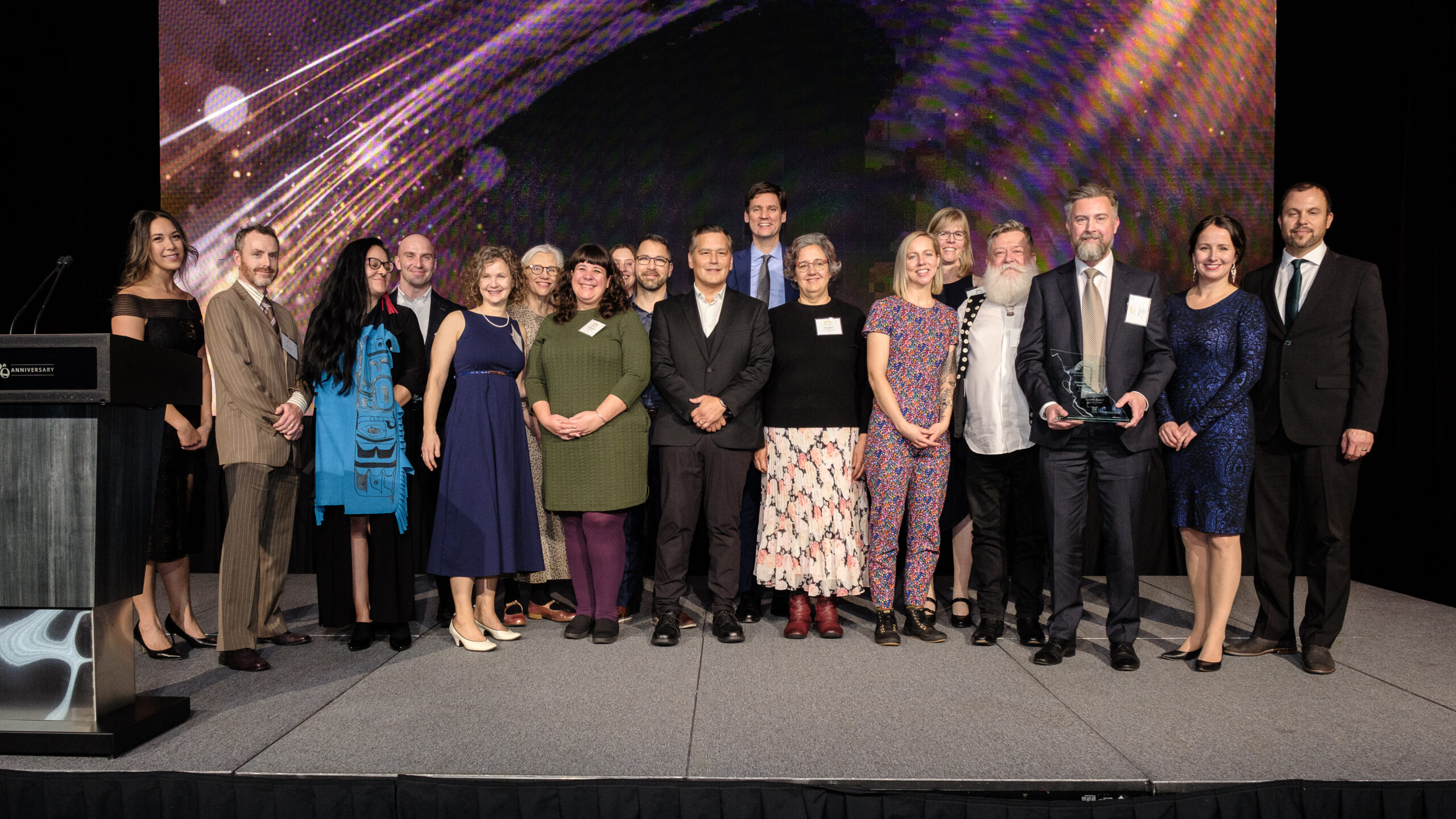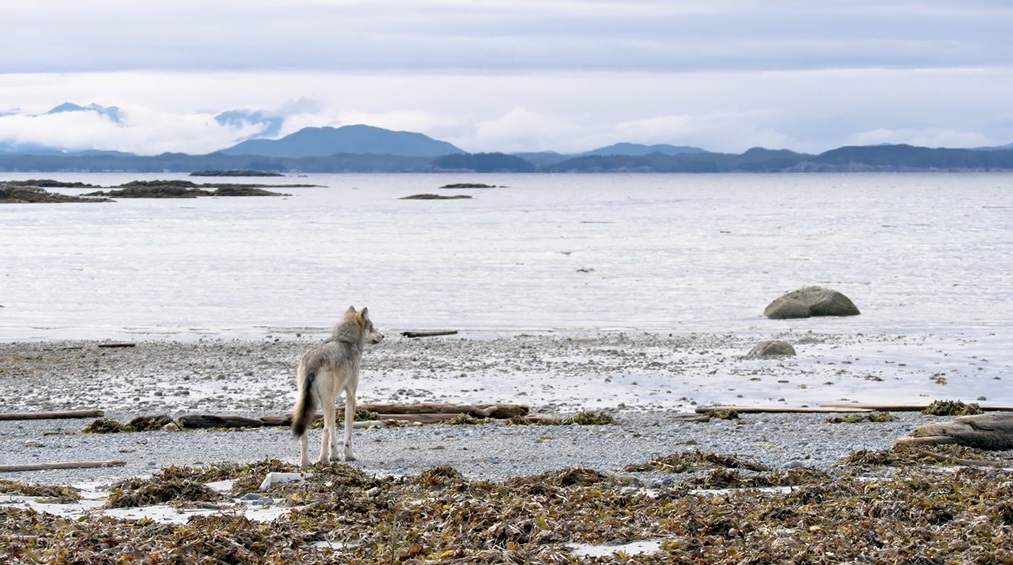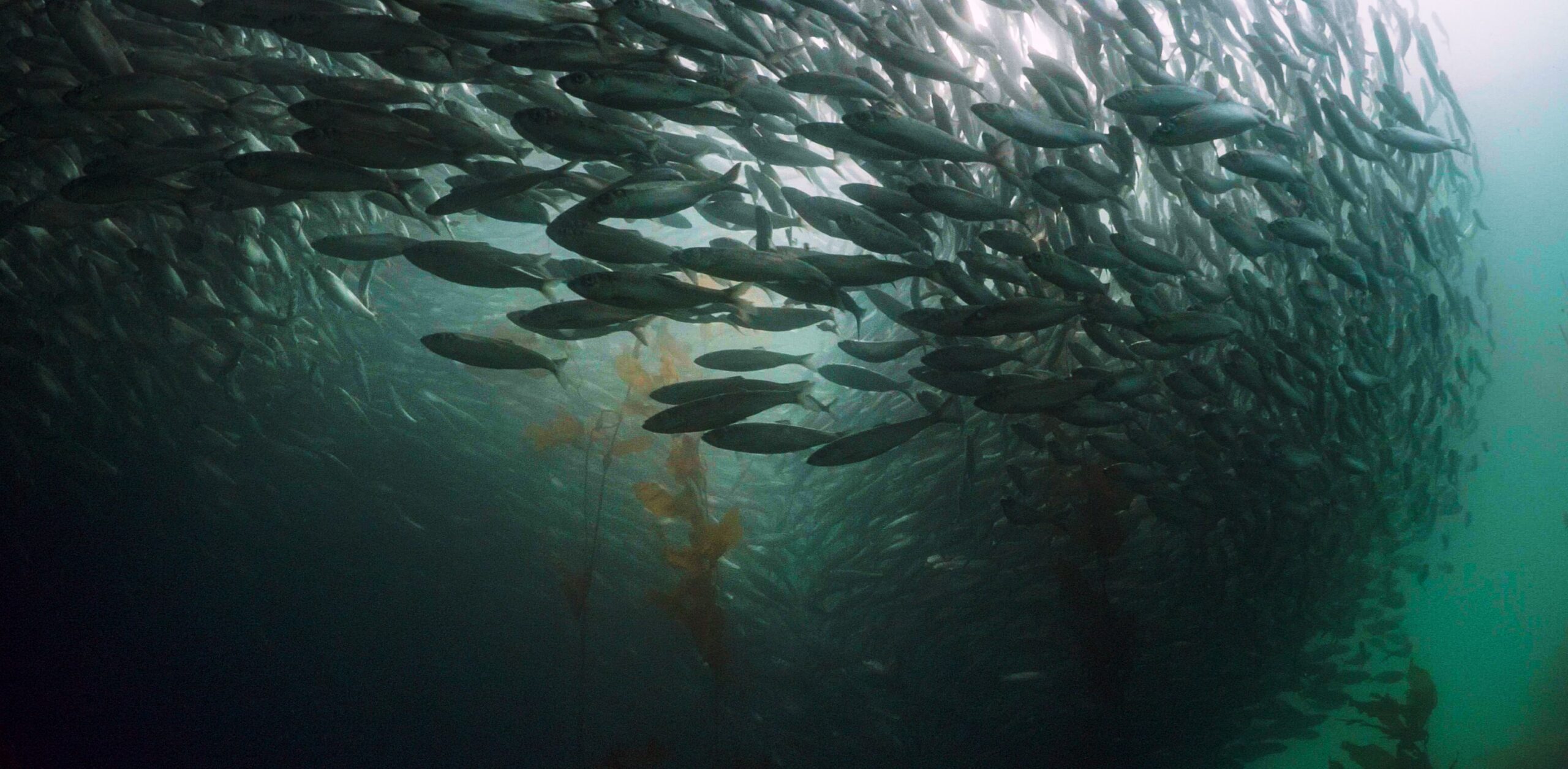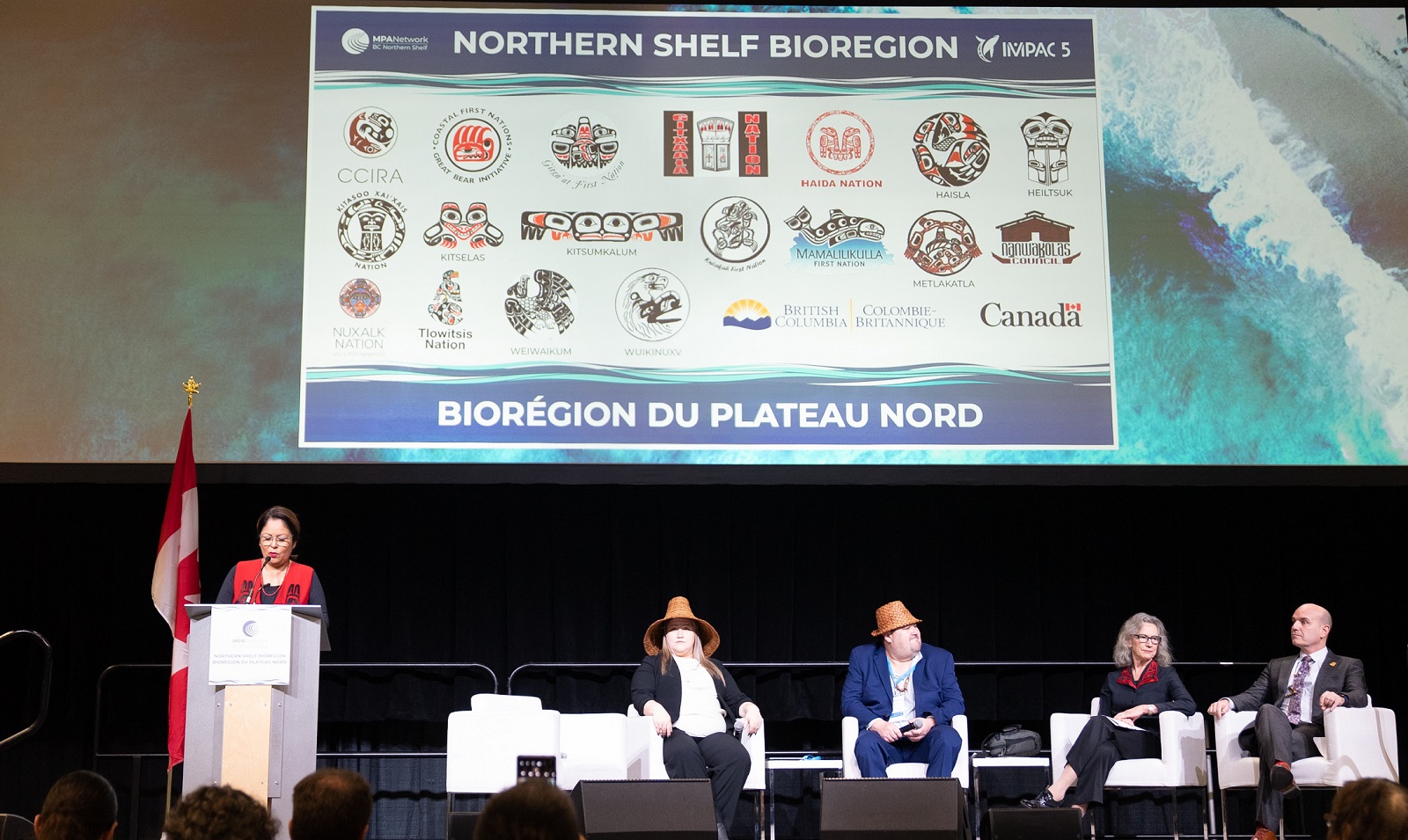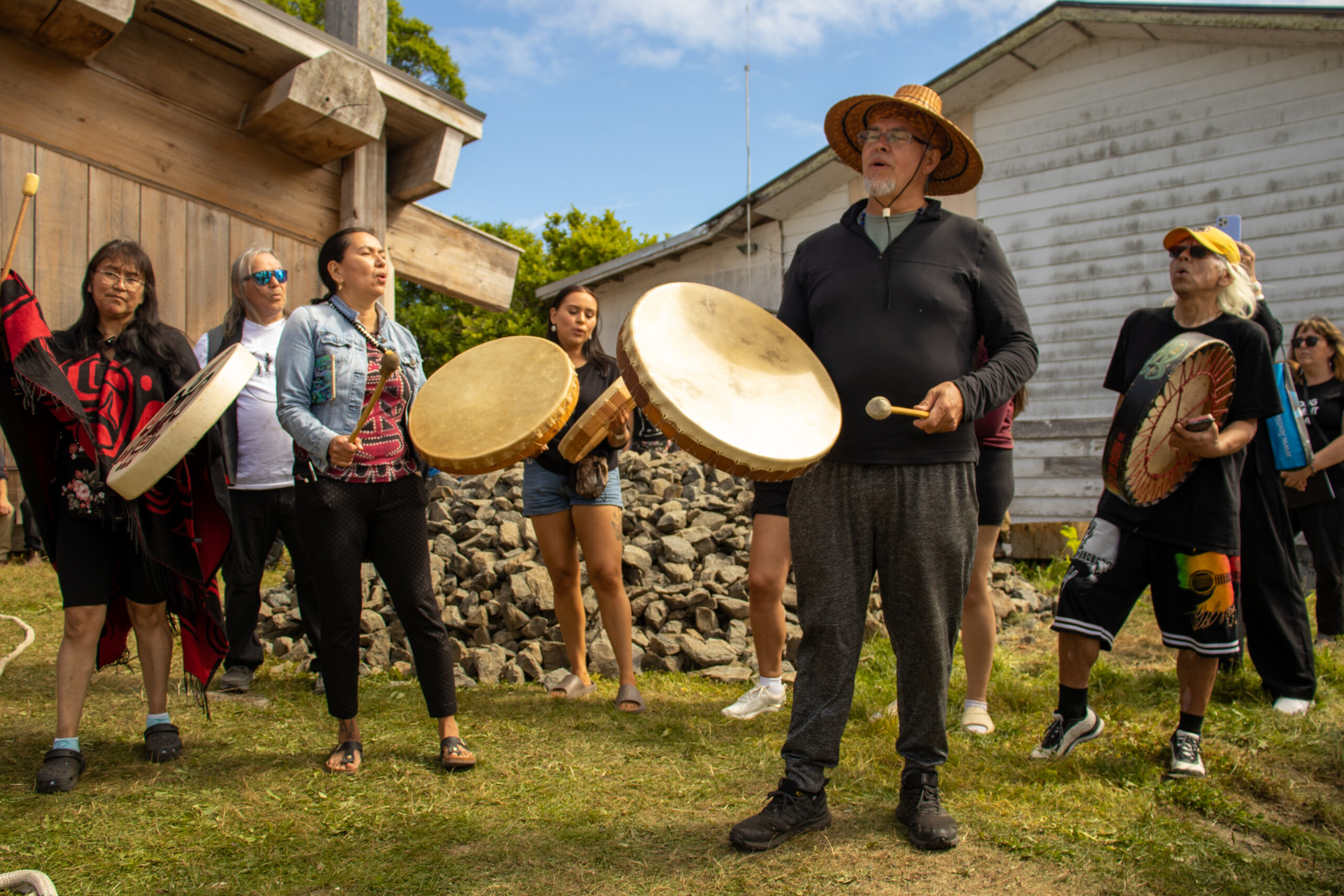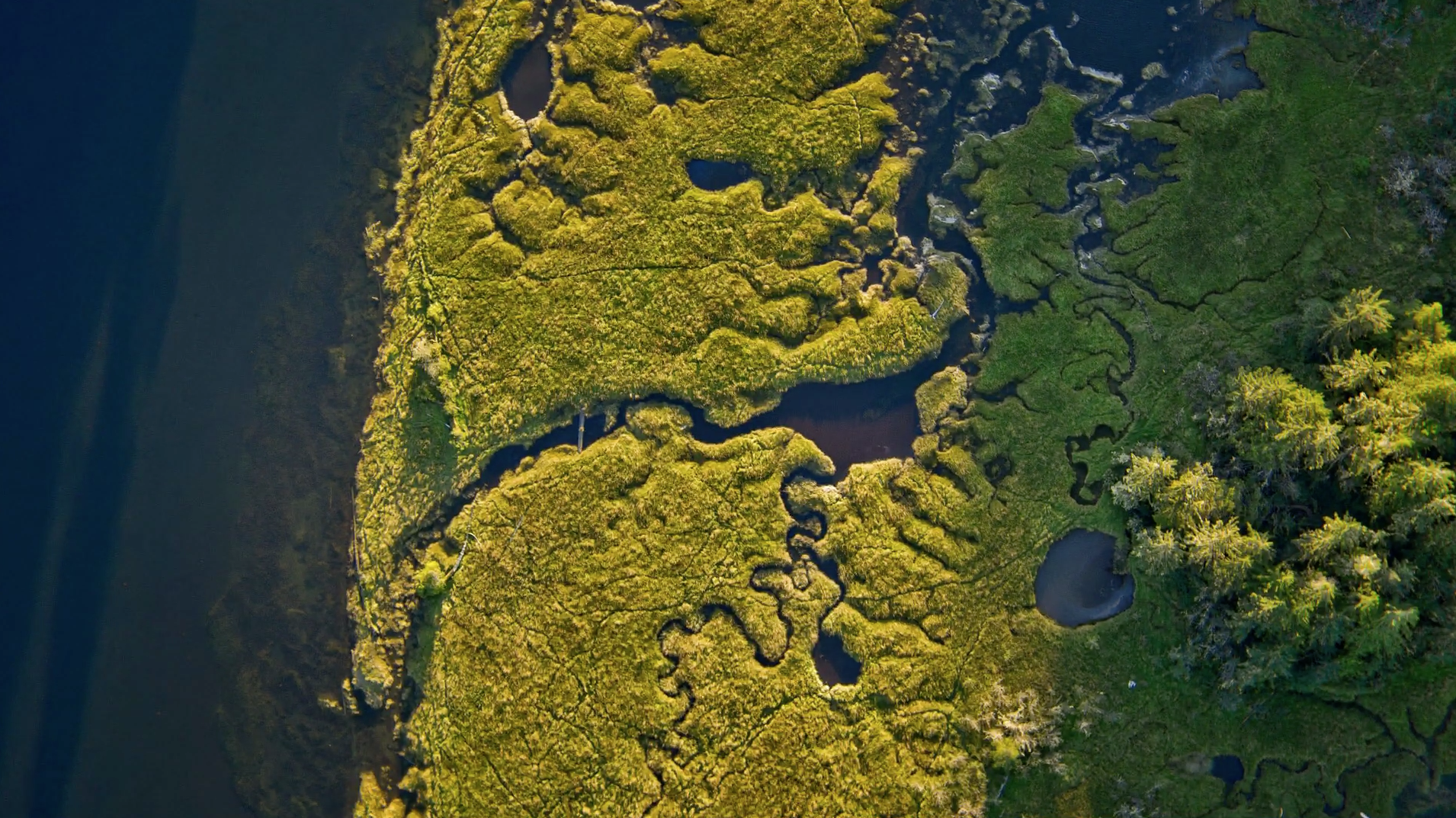-
NewsStoryVideo
CFN-GBI Chief Executive Officer Christine Smith-Martin receives Coronation Medal
Read StoryCFN-GBI Chief Executive Officer Christine Smith-Martin awarded the King Charles III Coronation…
-
Video
Watch: New Video Showcases Ocean Stewardship of Coastal First Nations
Read StoryCoastal First Nations and SeaLegacy team up to highlight the efforts of…
-
EventsNewsVideo
Great Bear Sea MPA Network Announced at IMPAC5
Read StoryCoastal First Nations, along with federal and provincial governments, jointly endorse the…
-
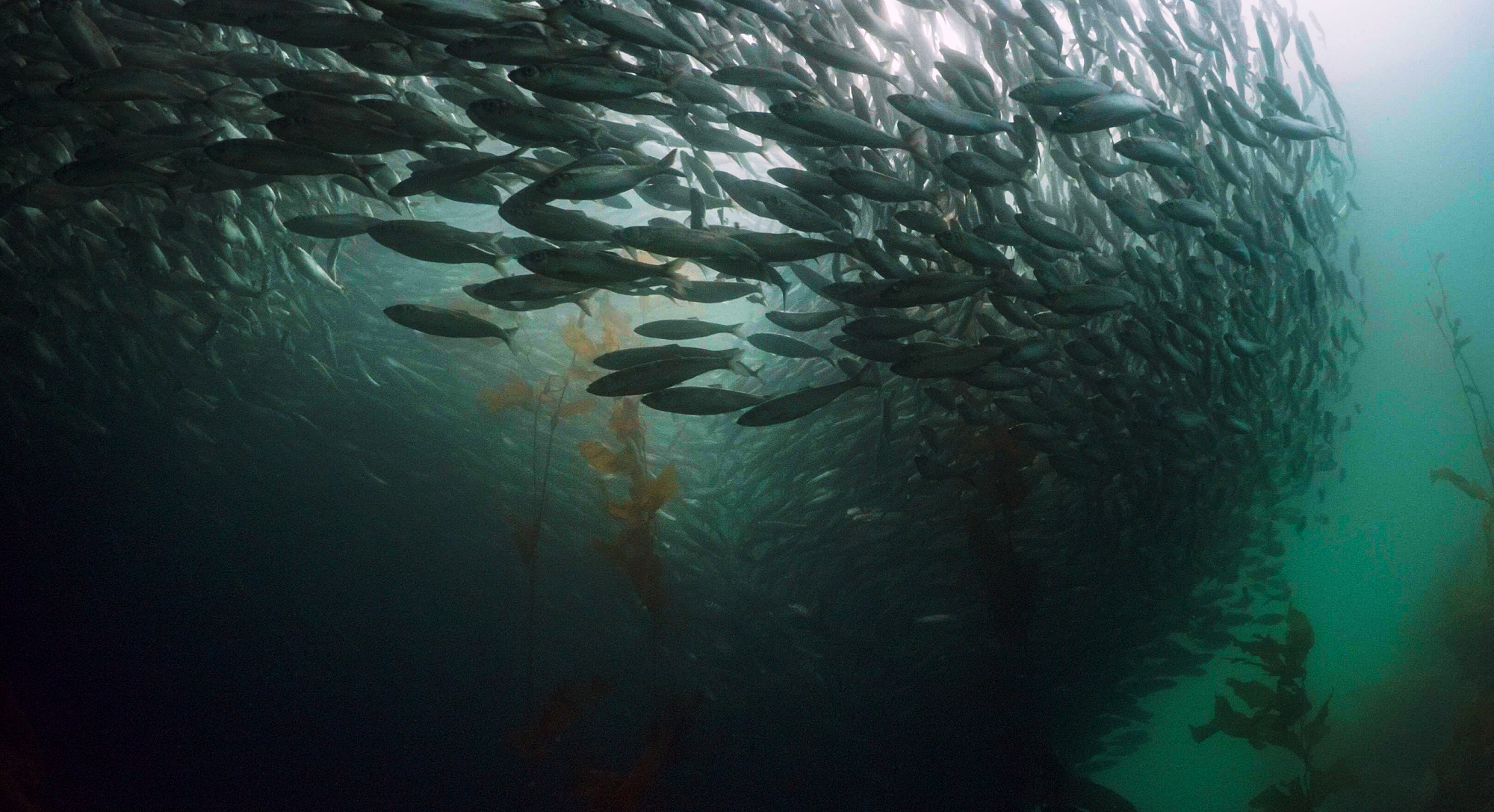 EventsNewsVideo
EventsNewsVideoMarine Protected Area Network Partners Endorse Plan to Protect BC’s North Coast
Read StoryBlueprint for a vast network of Marine Protected Areas on the Pacific…
-
Video
MaPP video showcases marine planning along the North Pacific Coast
Read StoryA new video from the Marine Plan Partnership (MaPP) showcases collaborative marine…
